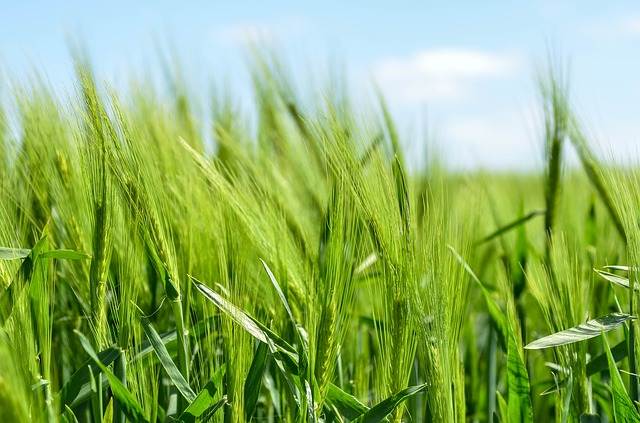Eurostat: organic farming not strongly developed in Bulgaria
Brussels - In 2016, Bulgaria was one of nine EU member states where organic farming was not strongly developed, with the area under organic farming accounting for less than 4 per cent of agricultural land, the Statistical Office of the European Union (Eurostat) reported on November 16.

Bulgaria had 161,000 hectares of organically farmed land in 2016, which was 3.2 per cent of the country's agricultural land. The highest share of crop area dedicated to organic farming in the EU was registered in Austria, at 21 per cent (571,000 ha).
However, Bulgaria's organic farming sector is developing rapidly, experts say. The country's certified organic farming area increased fourfold in just four years,
from 40,000 ha in 2012 to 161,000 ha in 2016. People engaged in organic farming (producers, processors and traders) increased from 400 in 2007 (when the country joined the EU) to over 4,500 in 2016.
Organic farming in Bulgaria is centred on perennial crops, but the growing of organic vegetables, cereals and vines is becoming increasingly popular as well. The country exports 90 per cent of its organic farm products to other EU member states. The share of such products in the domestic food market is 1 per cent.
Annual payments under Bulgaria's Rural Development Programme which go towards Measure 11: Organic Farming, are disbursed as follows: 168 euro/ha for field crops, including forage crops; 112 euro/ha for permanent grassland; 557 euro/ ha for perennial crops, vines and essential oil rose; 405 euro/ha for aromatic and medicinal plants; and 399 euro/ha for vegetables.
Source: BTA Daily news